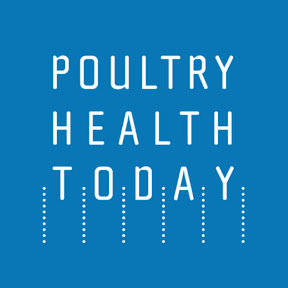



Poor IBV vaccine performance in broiler study underlines need for surveillance
An intreview with Brian Jordon, associate professor at University of Georgia.Lower-than-expected infectious bronchitis vaccine performance in a whole-complex study of broiler breeders highlights the need to carry out well-timed surveillance of vaccination programs, according to Brian Jordan, associate professor at University of Georgia.
With the DMV 1639 variant of infectious bronchitis virus (IBV) posing a considerable threat to the broiler industry, Jordan’s team surveyed birds across all ages, 15 from 32 flocks, at a broiler breeder complex in Northeast Georgia.
The aim of the work was to observe DMV 1639 in flocks and seeing how current vaccine programs were performing, with all birds in the complex having received the same mix of live and killed vaccines. Tracheas were removed for PCR testing, while blood samples were also taken for serology using ELISA.
Underwhelming results raise protocol questions
The analysis revealed that the site’s vaccination protocols were not performing as effectively as would be hoped.
“Overall, the young birds, the pullets, were well below what we would expect for viral load for vaccine, and their ELISA titers were below what we would expect for a typical farm. And then once the birds got older, their titers jumped very sharply, telling us that there was a challenge virus that moved through the flock,” Jordan explained, noting that the challenge had no clinical presentation.
Read the full article and watch the interview on Poultry Health Today












